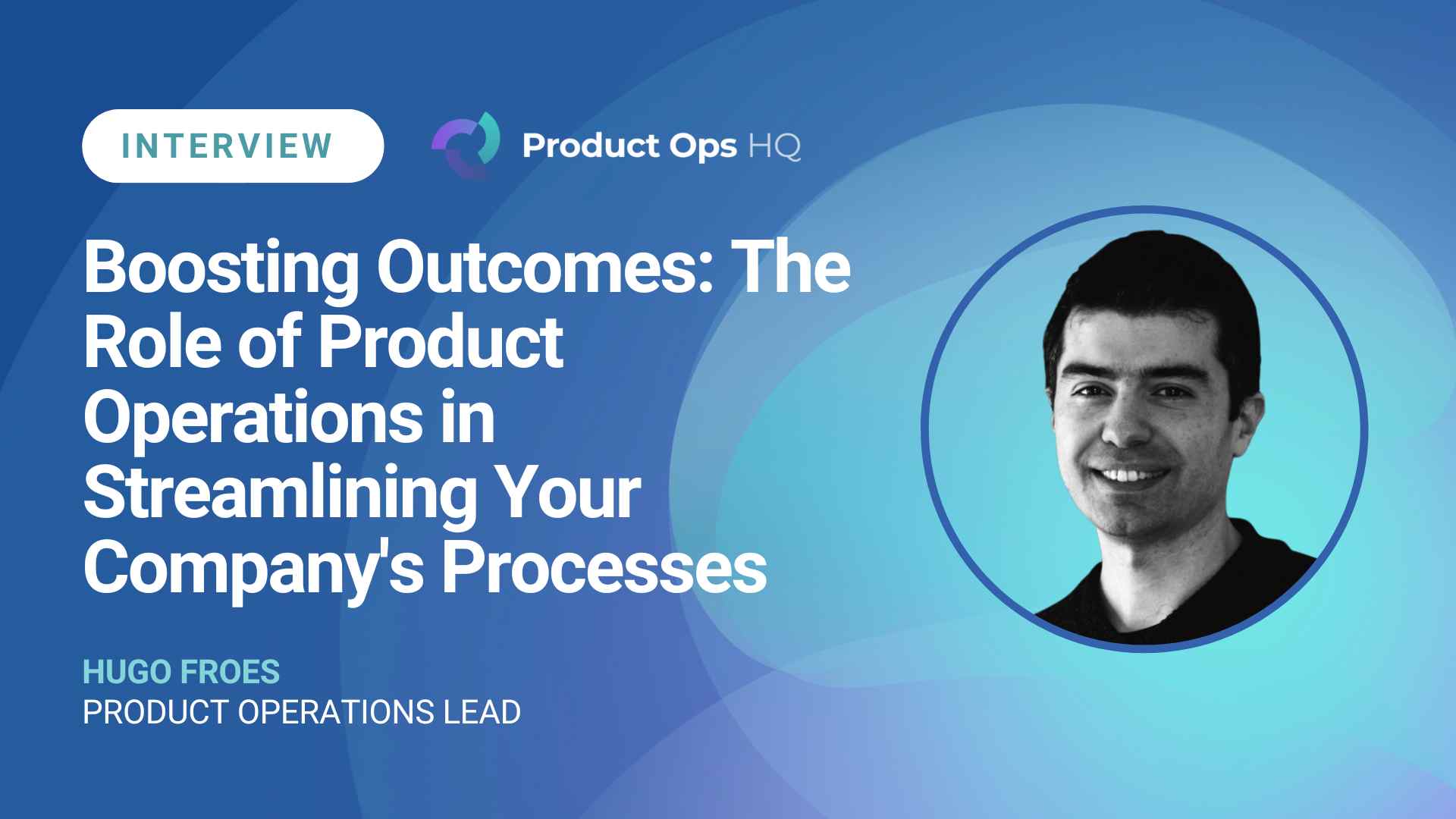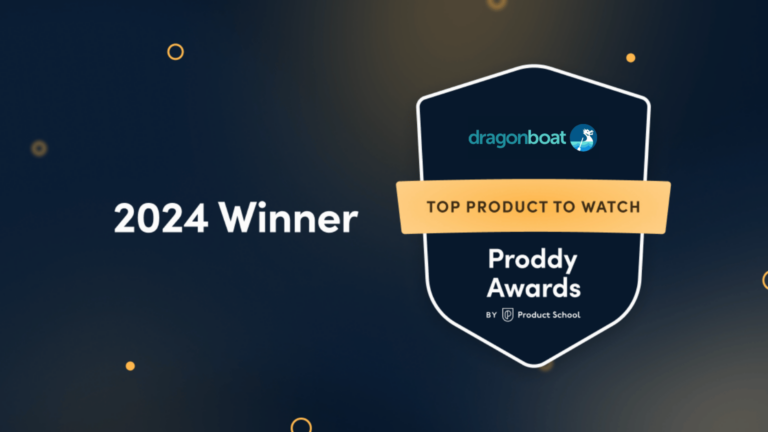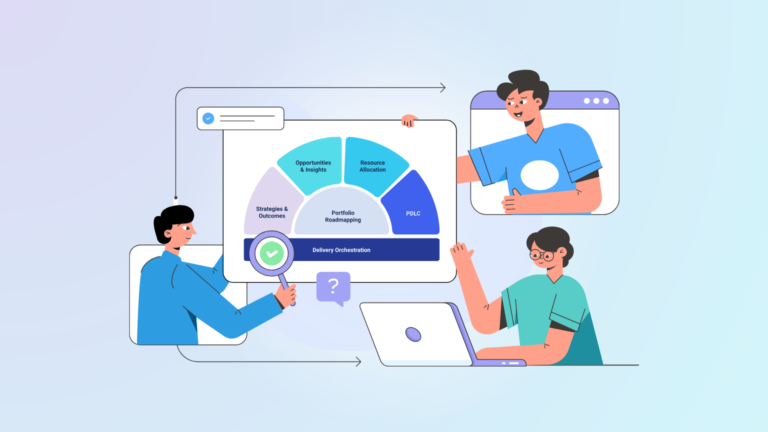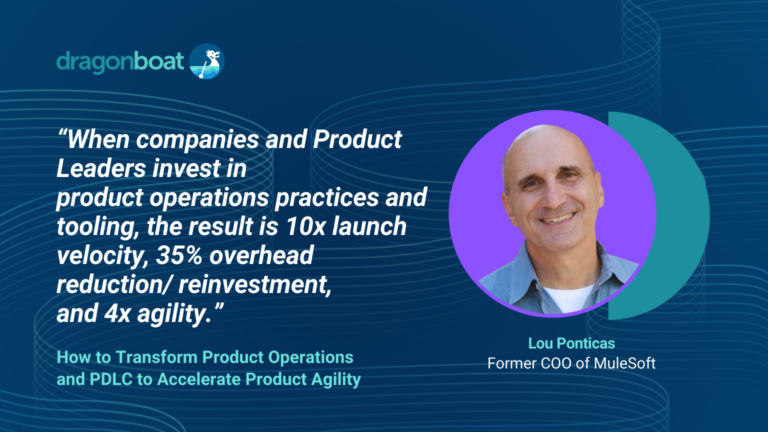This blog post was created in partnership with “Product Ops HQ community”, the fastest-growing community where product operations professionals gather to connect, share knowledge, and learn.
Product Operations is gaining importance in business, and organizations are discovering its benefits. In this interview series, we explore best practices from Responsive Product Portfolio (RPPM) advocates. RPPM is a framework for product-led organizations that connects objectives, customer needs, products, and resources for faster outcomes. Join us to learn key insights and tips for success in Product Operations.
Interview with Hugo Froes
Welcome to our exclusive interview with Hugo Froes, the mastermind behind OLX Motor’s product operations. With over two decades of experience in the product and design industry, Hugo has a wealth of knowledge and expertise to share. He’s explored user-centered methodologies, team topologies, and change management, all with the goal of creating scalable and sustainable product teams. His passion lies in helping teams unlock their full potential to create better products that exceed expectations.
Hugo is also an accomplished teacher and mentor, having taught at various institutions and co-founding UXDiscuss. As a former board member of the Global ResearchOps community, he’s always eager to give back to the community and help shape the next generation of designers with his user-centered methodologies.
What was your role before you became a Product Operations professional? How long have you been in the Product Ops role?
Just prior to moving into Product Operations, I was part of the design Practice team at Farfetch, which is similar to Design Operations.
I’ve been working in the world of Product Ops for 3 years and I’ve been in my current role for just over a year.
What are the biggest challenges facing your product teams?
There are challenges that I’ve seen consistently through most of the product organizations I’ve worked with over the past few years.
- How to be outcome-focused, and yet show that you are delivering updates, improvements, or innovation
- How to measure effort versus the impact of the work
- How to have clearer connectivity between the various levels of strategies, objectives, and initiatives
- How to be truly collaborative and with the new reality, how to be either remote or hybrid and do it well
- How to clearly measure the impact of the product organization
- How to prioritize the right things to work on
- How to have smoother/simpler planning cycles
- How to show the advantages of being product-led
- How to streamline practices to reduce effort and waste
And then on a maybe lower scale, but equally important for the teams:
- How to do just the right amount of documentation
- How to organize everything
- Defining the right structure for your teams and organization
- Working with stakeholders
- Working with other disciplines efficiently
- How to mature the people and the organization well
I think I could keep going on. There’s just so much that needs attention. And the bigger the organization, the messier and more complex each of these can be.
How does your team/management measure your success as Product Ops?
I think this is a point that most Ops teams struggle with and I’m not the exception. But as a baseline, I look for operational measurements of efficiency related to the topics that the organization feels are important at that moment.
For example: If we have to grow the team, then I’ll look at hiring metrics together with the hiring team. Things like applicants that enter the hiring final vs. those that actually get hired, or even how many get to the first interview. That gives me an idea of whether we’re attracting the right talent or if our hiring process is efficient.
Right now, a lot of my results are measured by where improvements are seen in efficiency or effectiveness. For example, with vendor management, if I am able to streamline the processes, reduce costs or improve how we make decisions on whether we’re working with the right solution to decrease the number of bad choices.
But in general, I get measured along with the rest of the leadership group on how our product organization is improving. How much it’s maturing and how that is impacting our revenue and growth.
Learn more about how to guarantee Product Operations effectiveness here.
In your experience, how can Product Ops help establish an outcome-focused practice?
I think one of the simplest forms is connected to the fact that product operations is often connected to planning and reporting practices/processes.
We can help move the narrative towards the results of the way we’re working rather than just what we are delivering because those results show our growth and impact as an organization.
But more than that, we could potentially do a comparison using data sources of how much we delivered versus the impact on the results. This is often sugar-coated, and by showcasing that, we are at least able to argue that we aren’t being efficient. If all the operational costs of the organization are too much higher than the return, then we’re clearly not being efficient.
Challenging the organization to look at what we are going to attempt to achieve, whether through setting OKRs, NSM, or just simple goals, we move them to focus on driving results. The initiatives that are created are focused on achieving those results.
I’m a big fan of the North Star Metric Framework and have seen it working well when done properly. OKRs, equally, when done well, can yield great results. Both together work well too.
Learn more about OKR templates for Product Operations here.
Other than product and engineering teams, what other groups (in the company and externally) do you work closely with?
I work closely with Design, Research and Data, depending on the topic.
I also work with Procurement, Legal, Finance, HR and externally with vendors we work with.
In this role, I feel I have to connect to as many people as possible to uncover potential connections or areas of improvement.
Keeping up with industry trends and changes in customer needs is a never-ending task, what methods do you use to stay informed? Is there a particular source (website, book, podcast, expert…) you recommend?
That’s a good question. I would say that depending on the industry we’re working in, our resources for market trends may vary and from Farfetch to OLX, the resources changed from Fashion tech trends to motors marketplace trends.
But in general, in terms of industry of product and product operations, I like the Product-led Alliance community, Mind the Product, Operations Nation, and more recently, ProductOpsHQ.
In terms of professionals, I’m always going to suggest John Cutler, Marty Cagan, and Melissa Perri. But I’ve also enjoyed following Denise Tilles, Antonia Landi, and Michelle Merrill.
In terms of Podcasts, I think the most interesting are The Product Ops Podcast and Melissa Perri’s podcast, but there are a few interesting episodes of podcasts out there worth listening to.
Beyond that, I love reading books on processes and ways of working. Especially those that challenge my way of thinking or my assumptions. But I also love reading books on behavior, leadership and group dynamics. Some of my favs? Thinking backwards, Switch, ReWork, Sprint, Empowered, The Culture Map, The Lean Product Playbook, Lean UX.
We hope you found this interview with Hugo Froes informative and insightful. Want to learn more? Follow him on Linkedin and subscribe to his newsletter.
Are you seeking to elevate your organization’s Product Operations to the next level? Dragonboat, the industry-leading platform for product portfolio management, can help you get there. Streamline processes, drive better outcomes, and stay ahead of the competition. Seamlessly connect your OKRs, customer insights, and product initiatives in one centralized source of truth. Book a demo today and see how Dragonboat can help take your organization’s success to the next level.



